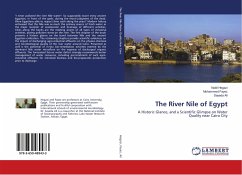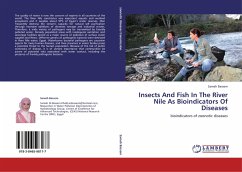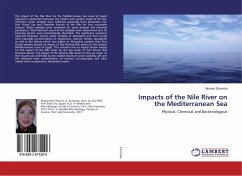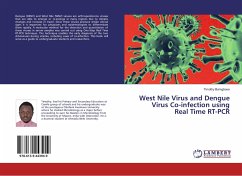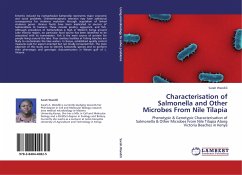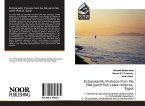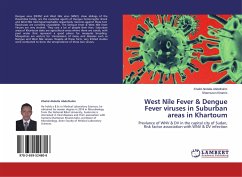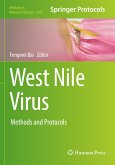"I never polluted the river Nile water": So supposedly swore every ancient Egyptian, in front of the gods, during the moral judgment of the dead. Were Egyptians able to respect their oath along the years? Modern history witnessed that the Nile was as much the primary source of fresh water as the major receptor of wastewater and drainage of different activities. Cities along the banks are the meeting points of all types of industrial activities, posing pollution stress on the river. The first chapter of the book presents a historic glance on the bond between Nile and the ancient Egyptian civilization. The remaining chapters provide scientific evidences on the impact of discharging agro-industrial effluents on the physico-chemical and microbiological quality of the river water around Cairo. Presented as well is the potential of in-situ bio-remediation activities exerted by the dominant Nile water microflora on the expense of discharged organic effluents. The forecasted future waterdeficit strongly recommends better management of water resources, including pre-treatment of such agro-industrial effluents for microbial biomass and bio-preparates production prior to discharge.
Bitte wählen Sie Ihr Anliegen aus.
Rechnungen
Retourenschein anfordern
Bestellstatus
Storno

